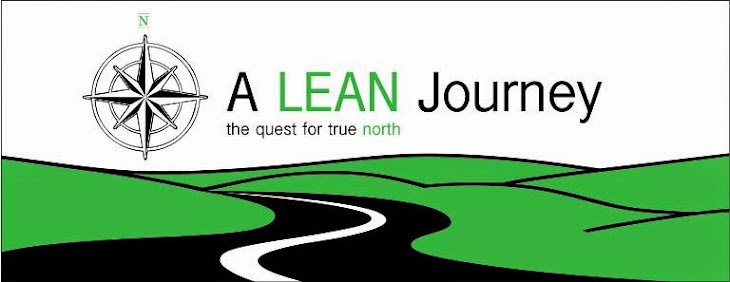Today’s guest on the Meet-up is my good friend Jeff Hajek. Many reader’s of this blog know Jeff from the Webinars we have done together over the last couple of years. I have been fortunate to collaborate with Jeff because I have learned so much from him. We share a passion of continuous improvement, learning, and helping others do the same.
Who are you and what do you do?
I am Jeff Hajek, the owner and founder of Velaction Continuous Improvement, a company dedicated to making great Lean training more accessible to everyone. The backbone of the site is The Continuous Improvement Companion, a free online guide, complete with hundreds of pages of downloadable terms, and dozens of forms and tools.
We also sell an a la carte premium Lean Training System that allows you to choose any combination of modules (topics) and components (PPT, Student Guides, Exercises, DVDs, etc.).
How and when did you learn Lean?
I left the army and went to work as a manufacturing engineer, where I immediately became involved in a Lean transition. The company had fully committed to Lean, and I was quickly part of a series of kaizen events. I was hooked. About 18 months after joining the company, I transferred to the “Lean Promotion Office” and was in and out of Lean roles until I started Velaction.
In truth, though, most of the Lean principles I learned in the civilian world were present in the military. Specifically, tracking KPIs, strategic planning, personnel development plans, standardization, TPM, and 5S were all already ingrained in me from my military days. The transition to Lean was an easy one.
How and why did you start blogging or writing about Lean?
I left the workforce for a while for personal, family reasons, but never got Lean out of my blood. I started writing a Lean encyclopedia so I would not forget all the lessons I learned. Very soon, the book was over 500 pages with 700 terms in it, and I realized it was not something that could easily be published. I switched to writing a smaller, more focused book, which became Whaddaya Mean I Gotta Be Lean?, something of a Lean survival guide.
I didn’t want to let the other writing go to waste, so it became The Continuous Improvement Companion I mentioned earlier. It was a natural transition to start adding articles to the online reference guide, so now I publish the Gotta Go Lean blog as well.
What does Lean mean to you?
I tend to prefer the term continuous improvement to Lean. It has a lot more staying power. The meaning of Lean has really evolved over the last 20 years or so, and it is far different than it was in its early days. The biggest change was the shift to the office, which required a substantial modification in some of the tools, though not the key driver behind Lean or any other CI effort, for that matter.
It all comes down to problem solving. All of the Lean tools solve a problem. Policy deployment solves communication problems and alignment problems. Kanban solves the problem of stockouts.5S solves the problem of workspaces working against workers. So, I guess that’s the specific answer to the question. Lean is problem solving.
As far as the actual term “Lean”, though, I have nothing against it I just think it will fall out of use in the next 10 or 20 years. The principles behind it will stick around, but we’ll all be calling them something different. As long as it is popular, an is the term people are looking for in search engines, I’ll continue to use it. But the problem solving mentality is far more meaningful to me.
What is the biggest myth or misconception of Lean?
I think the biggest misunderstanding about Lean is that it is often pitched to employees as a way to make jobs easier. The truth is that people in a Lean company work just as hard, if not harder, than those in other companies. The difference is that the time is much more productive, and much less frustrating. Further, Lean tends to eliminate some of the worst aspects of jobs, which, in turn, takes away some of the conflicts between managers and their teams.
So, the energy expended for both a Lean employee and a non-Lean employee might be the same, but the Lean employee would tend to have a higher sense of job satisfaction.
What is your current Lean passion, project, or initiative?
I am in the midst of a multi-year project to build up the most comprehensive set of Lean training materials available in the world. Right now, I’m fleshing out the modules that are currently posted on Velaction with more student guides and DVDs. After that I’ll be adding additional modules.
 A Lean Journey
A Lean Journey 





Leave a Comment
Your email address will not be published. Required fields are marked with *